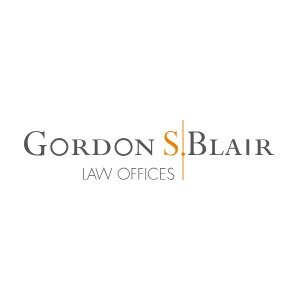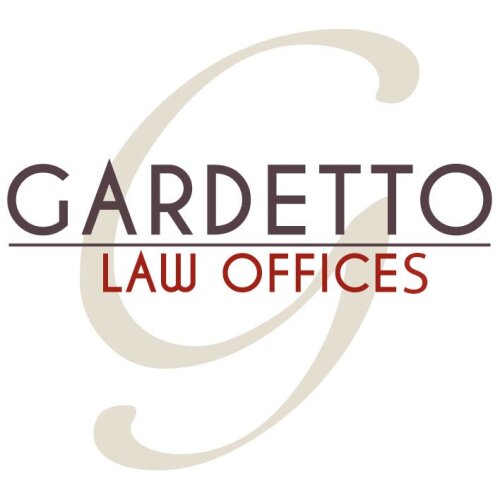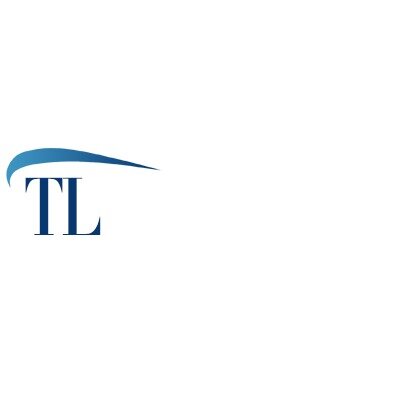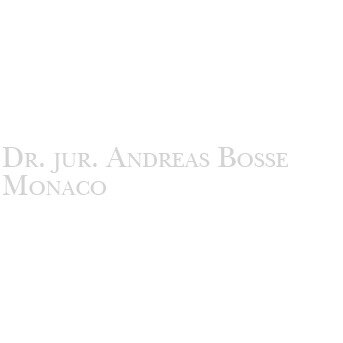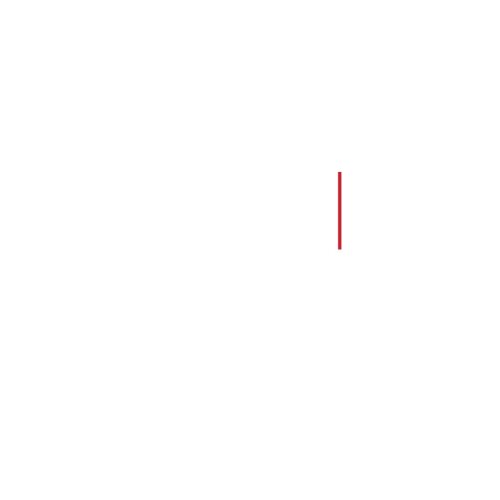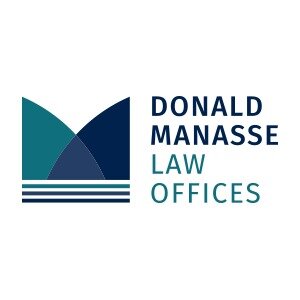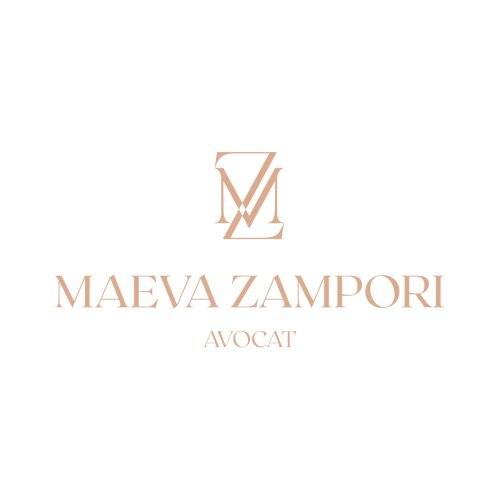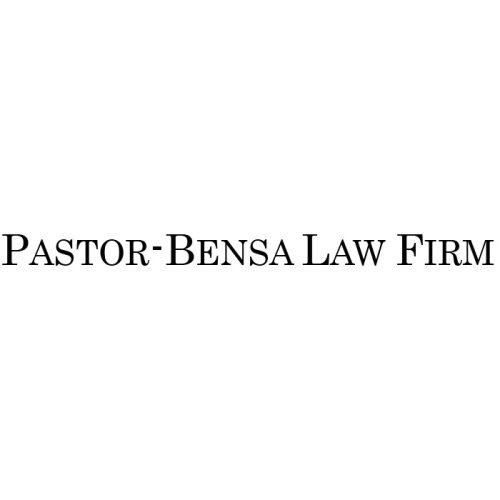Best FDA Law Lawyers in Monaco
Share your needs with us, get contacted by law firms.
Free. Takes 2 min.
List of the best lawyers in Monaco, Monaco
About FDA Law in Monaco, Monaco
FDA Law, often referred to internationally as Food and Drug Administration law, broadly covers the regulation of food, pharmaceuticals, medical devices, and cosmetics to ensure safety and efficacy. While Monaco does not have an agency identical to the United States FDA, it has its own legal framework and governmental bodies overseeing health products, food safety, and medicinal substances within the Principality. Monaco aligns its laws closely with European Union standards, especially since many goods are imported and regulated under EU or French law. Individuals and businesses operating in the fields of food, drugs, and cosmetics in Monaco need to be aware of these regulations to ensure compliance.
Why You May Need a Lawyer
Navigating FDA Law in Monaco can be complicated, particularly for companies looking to launch products, manage compliance, or handle import and export issues. You may require legal advice in various situations, including:
- Importing or marketing pharmaceuticals, cosmetics, or food products in Monaco
- Ensuring your products comply with local or European regulations
- Handling product recalls or safety concerns
- Facing inspections or enforcement actions from Monaco authorities
- Drafting contracts with suppliers or distributors that address regulatory responsibilities
- Dealing with labeling, packaging, or advertising requirements
- Seeking market approval for new drugs or medical devices
- Navigating cross-border trade of controlled substances
- Responding to consumer complaints or litigation
- Understanding changes in regulatory requirements following amendments to the law
A specialized lawyer can guide you through these complex requirements, help you avoid costly mistakes, and represent you before regulatory authorities or courts if needed.
Local Laws Overview
The legal landscape governing food and drug products in Monaco is influenced by several local statutes and international agreements. Monaco has adopted numerous regulations that mirror EU standards, due to its geographical location and economic partnerships. Key areas of regulation include:
- Food Safety: Laws exist on hygiene, permitted ingredients, and contamination limits. Food sold in Monaco must meet stringent safety standards.
- Pharmaceuticals: Licensing is required for the sale and distribution of medicines. Only authorized products may be commercialized, and specific rules apply to prescriptions and over-the-counter drugs.
- Medical Devices and Cosmetics: These are regulated for safety, efficacy, and proper labeling. Some products require prior authorization before being sold in Monaco.
- Imports and Exports: Customs laws, often harmonized with French and EU laws, control the movement of sensitive goods, including medicines and certain foodstuffs.
- Advertising and Labeling: Monaco enforces regulations on health claims, nutritional information, and marketing of health-related products to protect consumers from misleading information.
- Governmental Oversight: Government departments such as the Direction de l’Action Sanitaire oversee compliance, licensing, and enforcement of these regulations within Monaco.
Non-compliance can result in product recalls, fines, or even criminal liability. It is crucial to stay informed about both local and international standards governing FDA Law in Monaco.
Frequently Asked Questions
What is considered a pharmaceutical product in Monaco?
A pharmaceutical product in Monaco is any substance or combination presented as having curative or preventive properties concerning human illnesses, or that may be used in or administered to humans for the purpose of restoring, correcting, or modifying physiological functions.
Do I need special authorization to sell dietary supplements in Monaco?
Yes, dietary supplements are considered a regulated category. Their ingredients, labeling, and advertising must meet local standards. In most cases, prior notification or authorization is required before placing such products on the market.
How does Monaco regulate the labeling of food products?
Food labeling in Monaco must convey accurate information regarding ingredients, nutritional values, expiration dates, allergens, and origin. Misleading or incomplete labels can result in penalties or product withdrawal from the market.
Are American, French, or EU products automatically allowed in Monaco?
While Monaco often follows EU or French standards, products must still comply with local regulations. Automatic approval is not guaranteed, and additional procedures may be required for authorization, especially for pharmaceuticals and medical devices.
What legal steps must I take to import medical equipment into Monaco?
You must ensure the equipment is registered or authorized for sale in Monaco, comply with safety and efficacy standards, and submit relevant customs documentation. Legal advice is often helpful in ensuring compliance.
Can products be recalled by Monaco authorities?
Yes, if a food, drug, or medical device is found to endanger consumer health or does not meet legal standards, Monaco authorities may issue a recall and require corrective actions from the importer or manufacturer.
What penalties exist for non-compliance with FDA-related laws in Monaco?
Penalties can include administrative fines, criminal prosecution, product seizure, business shutdowns, and mandatory corrective actions. The severity depends on the nature and impact of the non-compliance.
Is clinical testing required for new drugs before distribution?
Yes, clinical testing and scientific evidence of safety and efficacy are required. Documentation must be submitted to the relevant authority for evaluation before a new drug gains market authorization.
Are online sales of pharmaceuticals regulated in Monaco?
Yes, online sales are subject to strict regulatory oversight to ensure consumer safety. Only licensed pharmacies can usually offer this service, and advertisements and information provided must comply with legal standards.
How can I appeal a regulatory decision or enforcement action?
You have the right to appeal administrative decisions. It is recommended to consult with a legal professional specializing in FDA Law to guide you through the formal appeals process in Monaco.
Additional Resources
Individuals and businesses seeking further information or assistance regarding FDA Law in Monaco can consult the following resources:
- Monaco Government - Direction de l’Action Sanitaire: Oversees health regulations, product approvals, and public safety in food and drugs
- Monaco Customs Authorities: Responsible for oversight and enforcement of import and export controls
- Local Chambers of Commerce: Provide guidance for businesses operating within the principality
- Legal and Regulatory Professionals: Specialized lawyers and consultants in Monaco can assist with compliance and litigation matters
- French and EU Regulations: Since many products are subject to French or EU standards, agencies such as the French ANSM and the European Medicines Agency can offer relevant regulatory guidance
Next Steps
If you are facing questions or concerns about food, drug, or medical device regulations in Monaco, consider the following steps:
- Identify the specific product or issue and the relevant Monegasque regulations
- Gather all supporting documentation, including manufacturing details, labels, marketing materials, and previous regulatory communications
- Contact the relevant government agency for clarification on procedures and requirements
- Consult a lawyer specializing in FDA Law in Monaco to assess your compliance, prepare documentation, and receive representation if needed
- Stay updated on regulatory changes by subscribing to governmental notifications and attending industry seminars when possible
Prompt and thorough legal advice can help protect your interests, facilitate product approvals, and prevent costly regulatory issues in the complex landscape of FDA Law in Monaco.
Lawzana helps you find the best lawyers and law firms in Monaco through a curated and pre-screened list of qualified legal professionals. Our platform offers rankings and detailed profiles of attorneys and law firms, allowing you to compare based on practice areas, including FDA Law, experience, and client feedback.
Each profile includes a description of the firm's areas of practice, client reviews, team members and partners, year of establishment, spoken languages, office locations, contact information, social media presence, and any published articles or resources. Most firms on our platform speak English and are experienced in both local and international legal matters.
Get a quote from top-rated law firms in Monaco, Monaco — quickly, securely, and without unnecessary hassle.
Disclaimer:
The information provided on this page is for general informational purposes only and does not constitute legal advice. While we strive to ensure the accuracy and relevance of the content, legal information may change over time, and interpretations of the law can vary. You should always consult with a qualified legal professional for advice specific to your situation.
We disclaim all liability for actions taken or not taken based on the content of this page. If you believe any information is incorrect or outdated, please contact us, and we will review and update it where appropriate.



